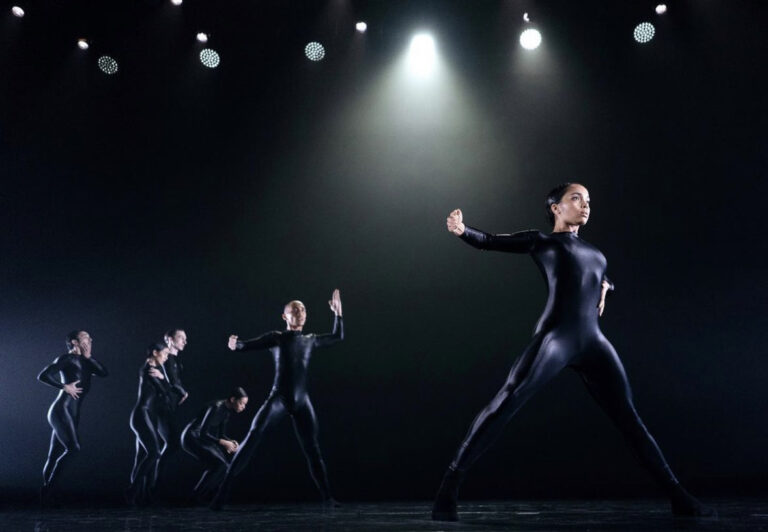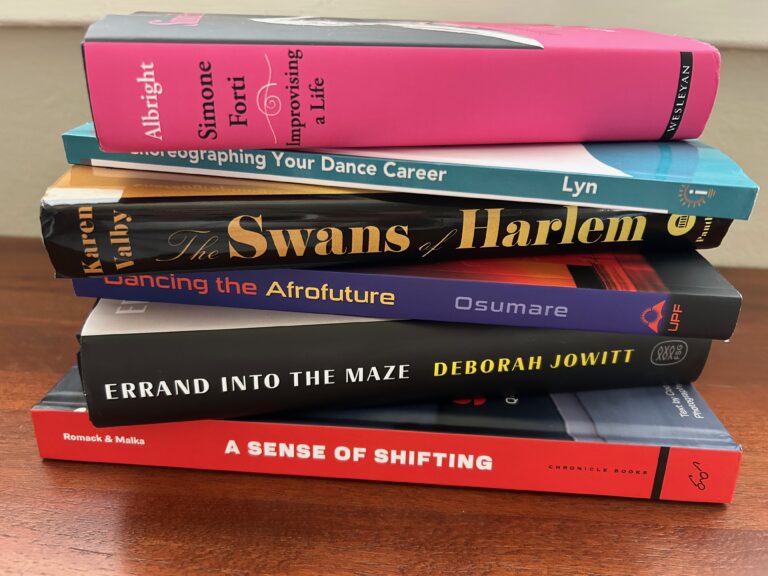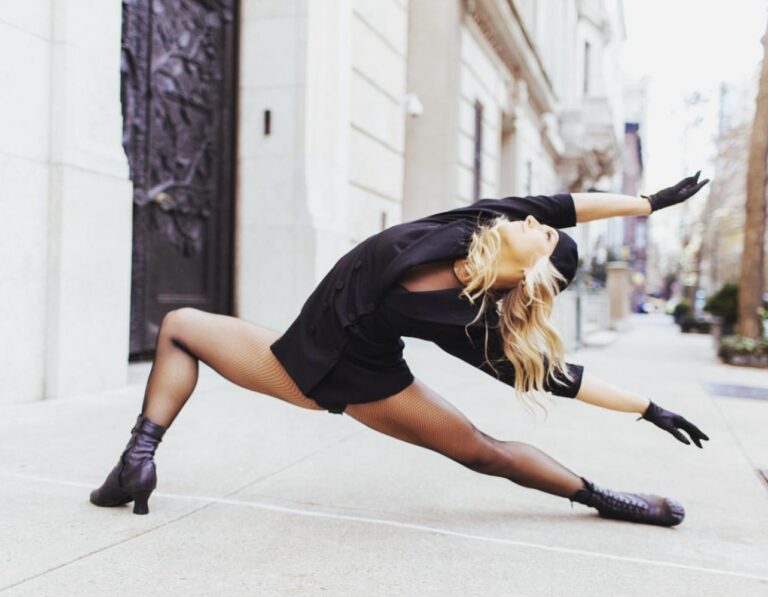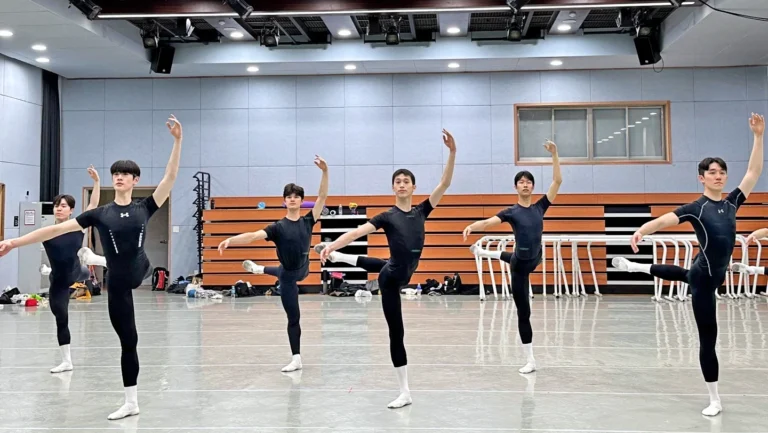When dancer Londiwe Khoza was chosen last summer for the Rolex Mentor and Protégé Arts Initiative—a program that pairs young artists with masters in their field for a year of creative collaboration—she simultaneously became an apprentice with Batsheva—The Young Ensemble, the second company of her Israeli mentor, Ohad Naharin.
Suddenly, everything she knew was turned upside down: She moved from Cape Town, South Africa, to Tel Aviv, where she was immediately immersed in Naharin’s famously idiosyncratic choreography, by turns ooey-gooey, flung, defiant and minutely detailed. “It’s a new country, new language, new culture, new company, new dance style,” says Khoza. “It’s easy to get swept up in this overwhelming sensation.” Now, two-thirds of the way through her year as a protégé, she’s finally feeling somewhat settled—and full to bursting with the wisdom and experience she’s gleaned.
Training: Cape Academy of Performing Arts, South Africa; Central School of Ballet, United Kingdom
Performance: Soloist with Cape Dance Company; Joburg Ballet; Batsheva—The Young Ensemble apprentice, 2016–17
What she’s hoping to gain from this experience “Being enriched as an artist—getting the tools you need to unlock treasures in yourself. It’s discovering yourself and how you see things and how you want to tell things. I don’t think anyone can really learn how to choreograph; it’s something you have inside of yourself that you need to unlock.”
What she’ll take away from Naharin “Really being able to just tap into your fantasy and inner child. He always speaks about that passion and love for dancing, that it’s not about tricks. A ‘less is more’ kind of thing.”
On mastering audience participation [In a popular Naharin piece, Minus 16, the performers select audience members to join them onstage in a structured improvisation.] “You have to adapt to whatever happens. Sometimes you actually don’t get an audience member. You’ll go to five different people, and they all say no, so you can’t dance and you’re offstage. And sometimes you’ll get people who are very uncoordinated and shy, but they want to do it. They want to be onstage. It’s about making them feel included, as opposed to embarrassed. It’s also about keeping them safe. You’ll get people who are 80, 20, people who are so over-the-top and excited.”




